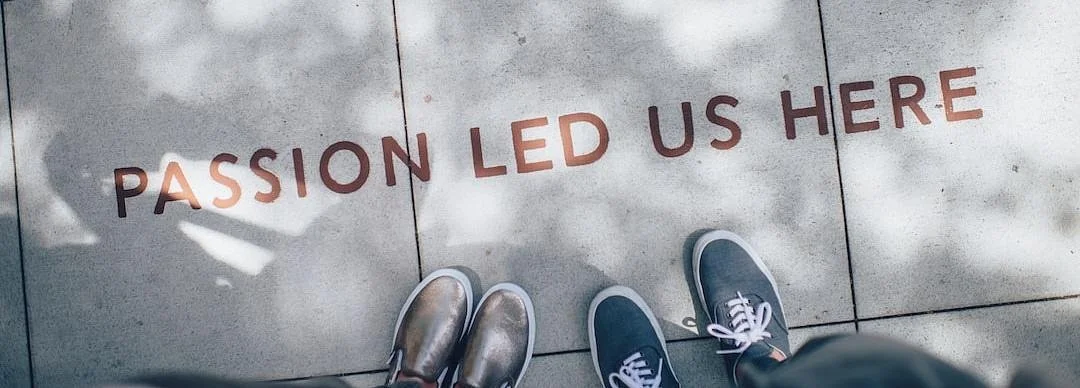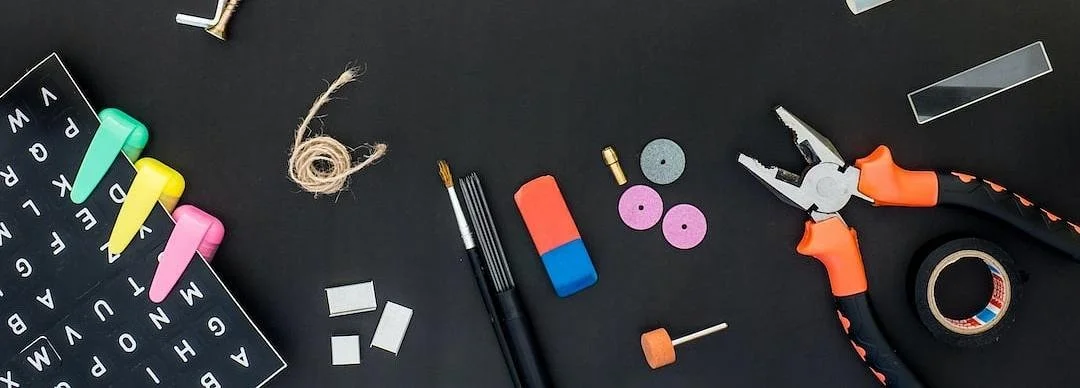19 in 20: Conversations on Community, Creativity and COVID-19 in 2020 (2020-21)
By
Alison Jeffers + MaoHui Deng
Image description: a composite image made up of screenshots taken during the online interviews with artist participants. Image credit: Alison Jeffers.
A film made with community and socially engaged artists about the affect of Covid on their working practices
Researchers at the School of Arts, Languages and Culture were awarded a small grant from the Economic and Social Research Council (ESRC) Impact Acceleration Account to explore the impact of the COVID-19 pandemic on artists working in community and socially engaged art.
Dr Alison Jeffers and Dr MaoHui Deng, both lecturers in the School’s Drama department, facilitated conversations between artists which took place over Zoom. The conversations were then edited into eight short films now available to watch online.
Drs Jeffers and Deng said, “We think that the conversations capture some of the very mixed thoughts and emotions about what was going on in the middle of the pandemic. We’re interested in your responses and whether you think there’s anything that can be taken away from the experiences of artists and communities as we seem to be emerging from the worst aspects of the disease and from lockdown more generally. We’d be very happy to hear your feedback on these conversations and we’d love to know whether you will use them maybe in teaching, workshops or other settings. This is important to us because we really want to know what impact they might have had on your practice or your thinking.”
“I think this is a really valuable resource for both practitioners and those of us teaching participatory arts. It provides insight into the realities of surviving in the ‘applied’ or ‘community’ arts sector and the differing modes of practice. I would definitely use this website and the interviews on it as a teaching and learning resource for students, particularly for demonstrating the process of being a reflective practitioner as well as guiding them to imagine what the future developments of the sector (post-Covid) might be. More broadly, as a contribution to the field, I think these interviews are a timely contribution to reviewing and re-imagining the economies and working practices of participatory arts.”
“Participatory and community arts organisations and individual practitioners responded to the Covid-19 pandemic in flexible, sensitive and imaginative ways that brought enjoyment and lifted the spirits of thousands of people in the UK and I am delighted that ‘19 in 20’ has managed to document some of their work through these films. In the immediate future, I hope that funders will watch them and reflect on the value of what happened when they trusted the people they funded and dismantled much of the bureaucracy that is so debilitating to those working at grass-roots level. I hope that students and practitioners alike will reflect on the value of what one interviewee describes as ‘multi-modal approaches’ (which meant using the telephone, on-line activity, the postal system, as well as in-person sessions) in increasing inclusivity and will consider the inestimable value of those little conversations that happen before a workshop begins, or as participants go out the door. Time that free-lance practitioners give to projects and programmes that often isn’t paid for by the organisations that employ them or taken into account by funders. Above all, I hope all those who are interested in social history and in the future of the planet, will look at these films and marvel at a moment when we truly grasped the capacity of human beings to weave a deep sense of connection and community with each other from what appeared to be a grid of squares on a computer screen! Thanks very much to everyone involved in ’19 in 20’ for ensuring these and many more valuable lessons are high-lighted. ”




